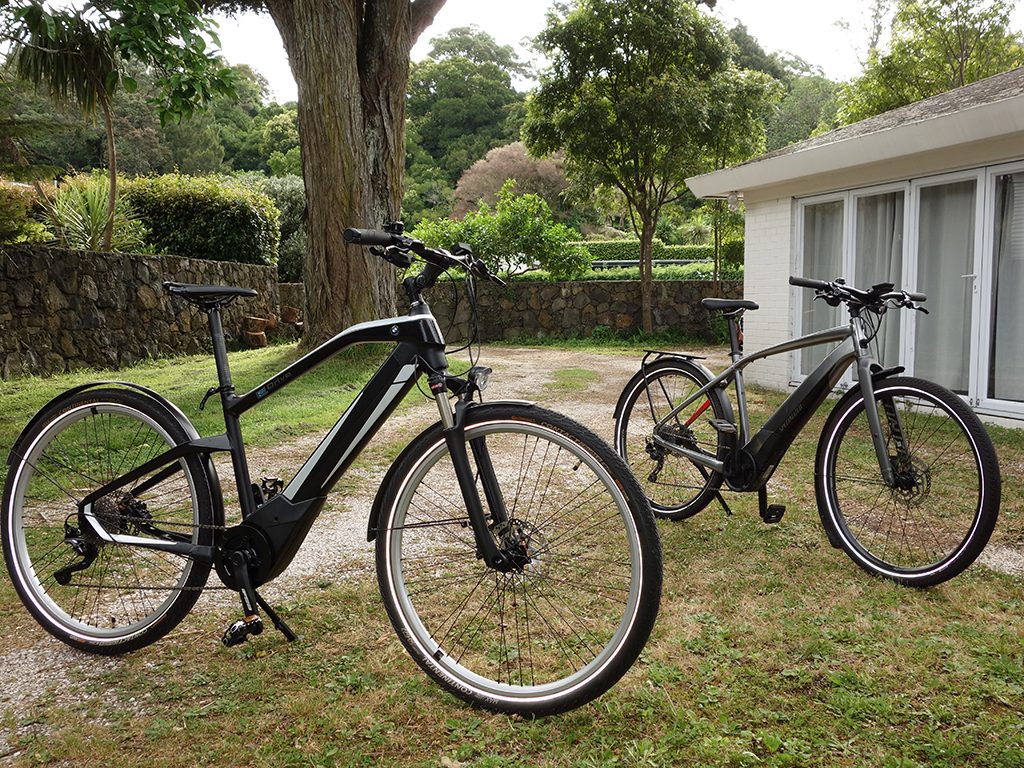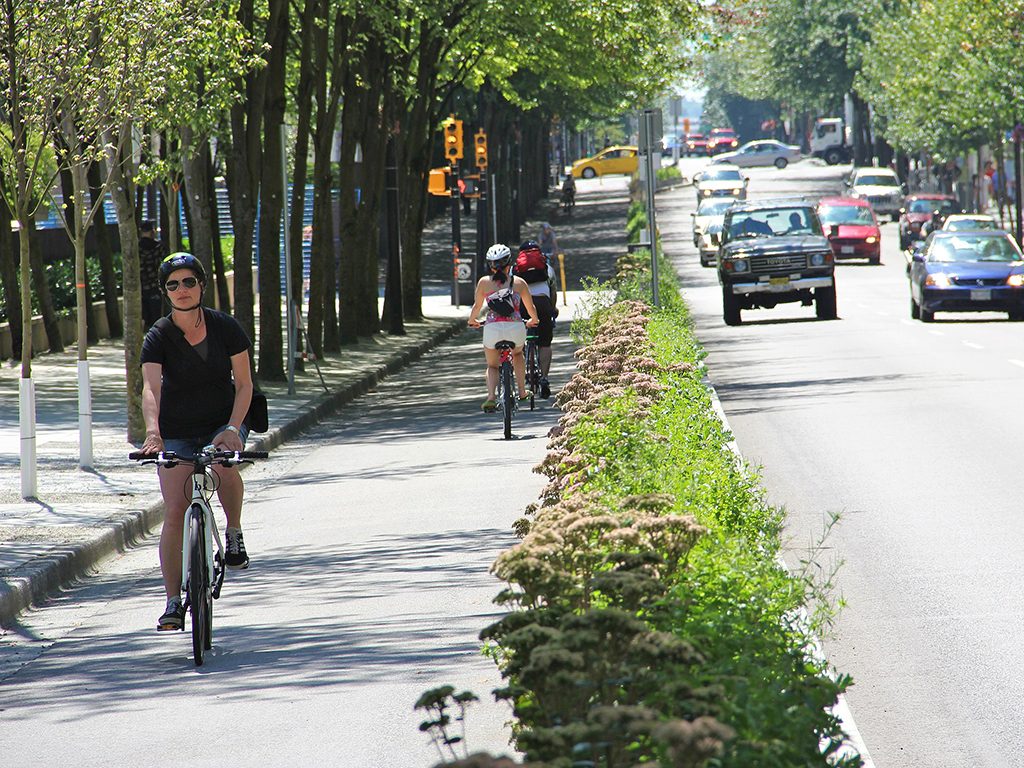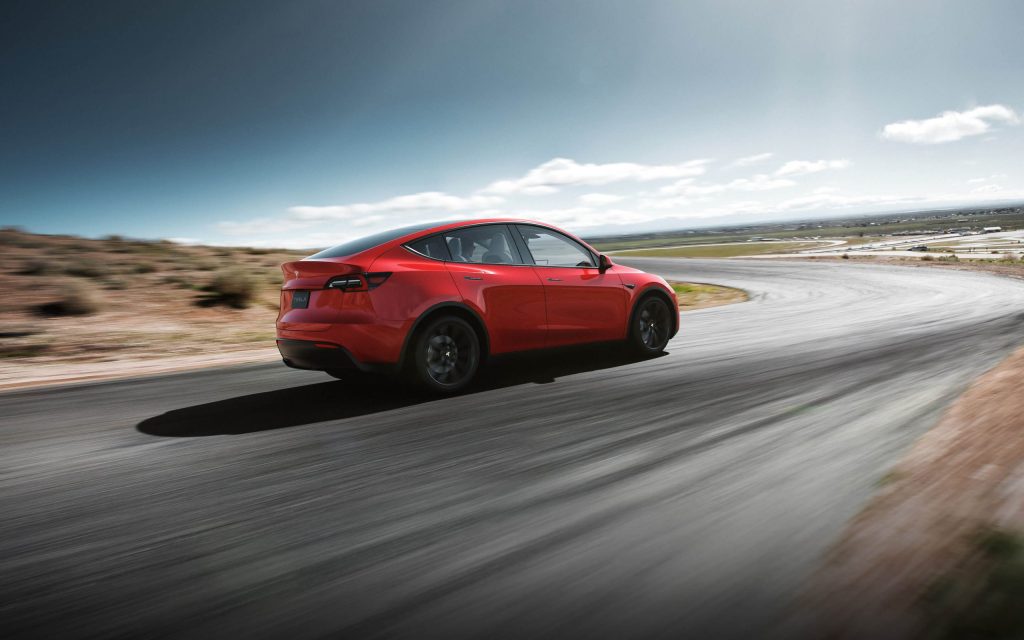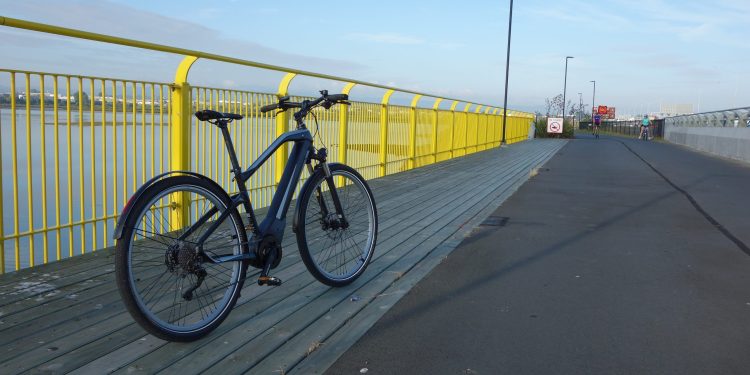E-mobility could halve CO2 emissions
Words NZ Autocar | Images Tesla, Mercedes, NZ Autocar
People in cars whinge and bitch about cyclists and how cycle paths are stealing their parking spaces. However, getting people out of cars and onto single-person, zero-emissions mobility solutions could help to save the planet from runaway climate warming, or so a new US report suggests.
In the States, a study revealed that replacing cars with e-bikes for short journeys, less than about eight kilometres, could result in a halving of CO2 emissions.

Just over one-half of all car journeys are for less than eight kays. And in any given day, cars taking these journeys emit almost 600,000 tonnes of CO2. If half of those journeys were undertaken on e-bikes, the CO2 saving would be nearly 300,000 tonnes, according to author calculations. That’s how much carbon is sequestered by 4.5 million tree seedlings grown over 10 years.
In the US, most people live in cities and urban areas, as in the UK, and therefore culling most of these short journeys by using an e-bike is theoretically possible. The same goes for stand-up electric scooters, which are often cheaper than e-bikes, and for electrified scooters or mopeds.
On a related subject, a UK report is suggesting that London congestion is worse because of cycle lanes. Turns out the “study” was done by Inrix, a firm selling traffic data and after a headline.

The argument goes: “If the demand goes up but the road space is being shared with other forms of transport, there’s less tarmac effectively for the cars to be on, which then has an impact on road speed and therefore increases congestion.”
Except that this runs counter to the fundamentals of traffic flow, for you can’t liken traffic to water; the two don’t ‘flow’ in the same manner. The person making the allegations was doing PR for Inrix, a firm enmeshed within the auto industry.
When pushed, the perpetrator of the theory said that the increased congestion in London was in large part due to an economic rebound in the UK, and cycle lanes were considered one of the minor contributory factors to the congestion.
In other words, use of selective evidence to fan the culture war against cycling.

And while we’re on about doing the wrong thing, it turns out that most automakers are still actively encouraging the sales of fuel gobbling SUVs, while trumpeting their work in the electric field. Only Tesla (which is fully electric anyway) and Mercedes are on target to shift to zero emissions vehicles at a rate in line with climate goals (keeping global warming to less than 1.5 degrees C).
Three of the key Japanese carmakers are cited as being amongst the 12 largest carmakers, Chinese excluded, who are falling behind the goal of having almost 60 per cent of global car sales zero emissions by 2030. Toyota, Honda, Nissan, Hyundai and General Motors are in the group of laggards, while Tesla leads by default, with Mercedes-Benz on course to having 56 per cent of sales derived from battery electrics by 2029. Ford has said it intends to go 100 per cent electric by 2030, as it takes on Tesla for EV market dominance. VW hopes to be at 50 per cent by 2030, as do BMW and Stellantis.

Figures for Toyota and Honda are 14 and 18 per cent by 2029, respectively, according to IHS Markit, who conducted the study.
Regulatory changes in the UK and EU, and the falling cost of producing zero-emissions vehicles should help push car makers in the right direction. Several influential companies, including Ford and Volvo, are seeking a ban on sales of petrol and diesel cars in the EU by 2035.





